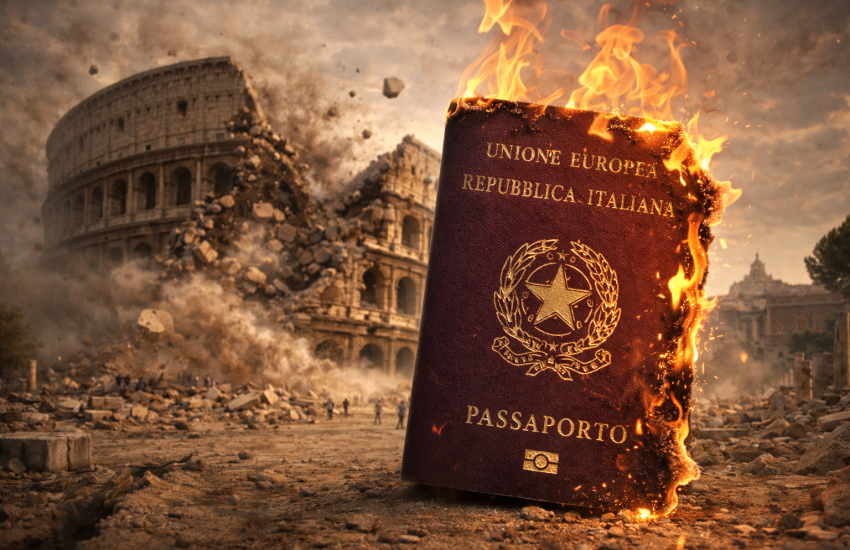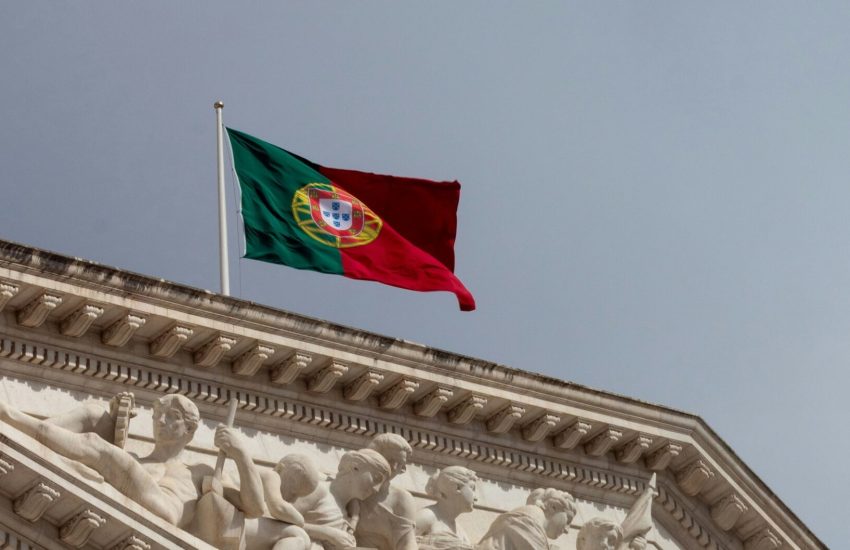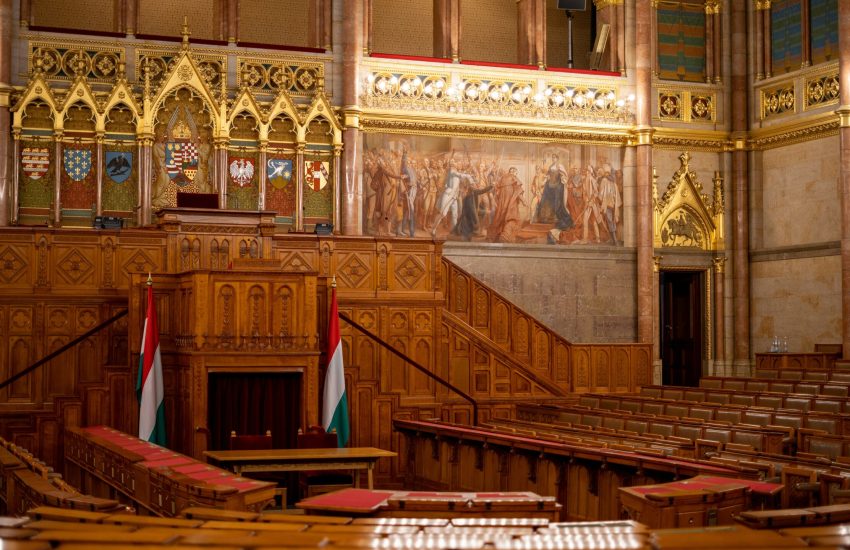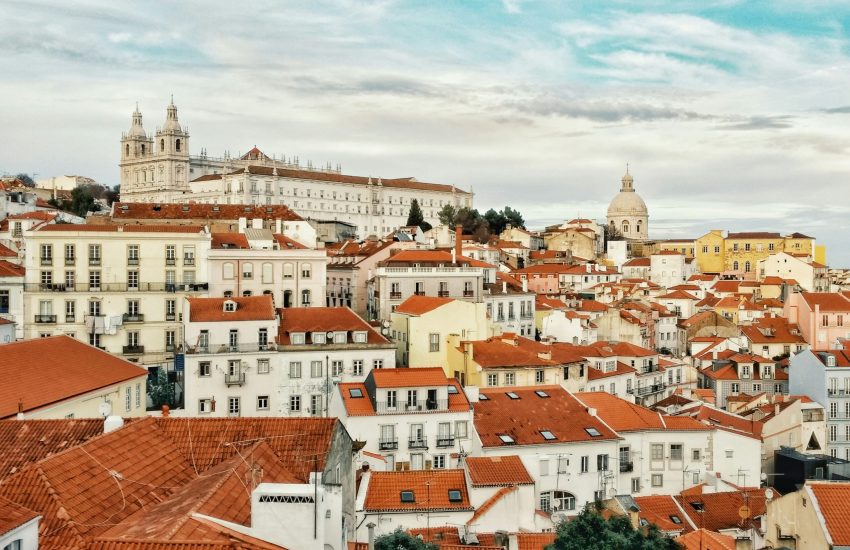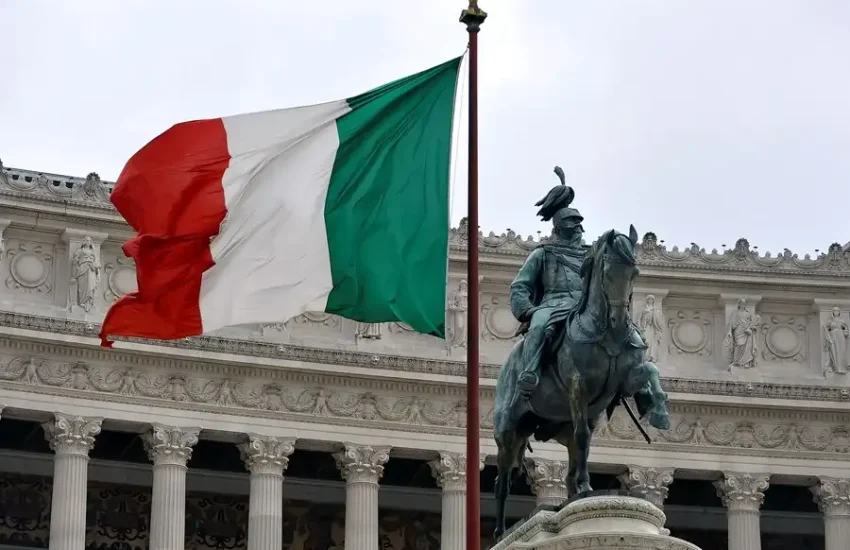Portuguese borders under reinforced surveillance. In just one day, seven people were prevented from entering Portugal, according to data released by Público Brasil.
Among the most frequent cases are those of Brazilians barred from entering Portugal — a situation that has become increasingly common at airports and entry points.
Now, the Portuguese government confirms: control will be expanded, with new protocols and stricter criteria for travelers from outside the European Union.
The new phase of migration control
Portuguese authorities reported that the reinforcement is part of a national prevention and security strategy across all entry points (airports, land borders, and seaports).
The country also follows Schengen area guidelines, which require greater vigilance over the movement of foreigners.
According to the Immigration and Borders Service (SEF), the main reasons for refusals include insufficient documentation, lack of justification for the trip, or suspicion of intent to remain irregularly.
In the most recent cases, travelers were temporarily detained and sent back to their countries of origin.
Sharp increase in Brazilians barred from Portugal
The number of Brazilians prevented from entering Portugal grew by more than 700% in 2024, according to official data. There were 1,470 cases of Brazilians barred, compared to 179 the previous year.
In total, 1,728 foreigners were denied entry in 2024, and experts estimate the number will rise even further with the new European Travel Information and Authorization System (ETIAS).
The NGO Rights Without Borders monitors part of these cases. “There is a lack of transparency in the criteria and much subjectivity in the analysis,” says lawyer André Moura, who represents Brazilian travelers detained in Lisbon and Porto.
Reasons and political context
The government justifies the increase in inspections as a response to the need to strengthen national security and ensure regular entries.
The Minister of Internal Administration, José Luís Carneiro, stated that “Portugal is not closing its doors but ensuring that those who enter do so within the law.”
Analysts, however, point out that there are also political motivations. With the migration debate rising across Europe, stricter border control serves to demonstrate firmness and respond to internal pressure for greater control.
The expectation is that the new ETIAS system, which will soon apply to Brazilian tourists, will further increase screening by cross-checking personal data, travel history, and possible security alerts before boarding.
Criticism and allegations of arbitrariness
The new control practices have been criticized by immigrant associations and human rights defenders.
According to the Casa do Brasil in Lisbon, many Brazilians report harsh treatment, lack of explanation, and long waits without access to consular assistance.
“There are cases where tourists present all documents and are still refused entry. There is no clarity about the criteria,” explains Carla Ferreira, spokesperson for the organization. The government, in turn, guarantees that refusals follow European protocols and occur “only in duly justified situations.”
Diplomatic impact and Brazil’s reaction
The increase in Brazilians barred from entering Portugal has caused diplomatic tension.
In 2024, Brazil’s Ministry of Foreign Affairs formally requested explanations from Lisbon after reports of inappropriate treatment at Portuguese airports.
Both governments claim to maintain open dialogue and strengthen awareness campaigns for travelers regarding documentation, accommodation, and proof of resources.
For ambassador Paulo Nogueira Batista Jr., “cooperation should be the foundation of the Luso-Brazilian relationship, not embarrassment.” He advocates for greater transparency and the creation of joint protocols to prevent abuses.
Stricter borders, tenser ties
With the increase in Brazilians being denied entry and reinforced surveillance, Portugal is moving toward a more selective migration model.
The measure aims to ensure security and control but also reignites the debate over hospitality and discrimination.


